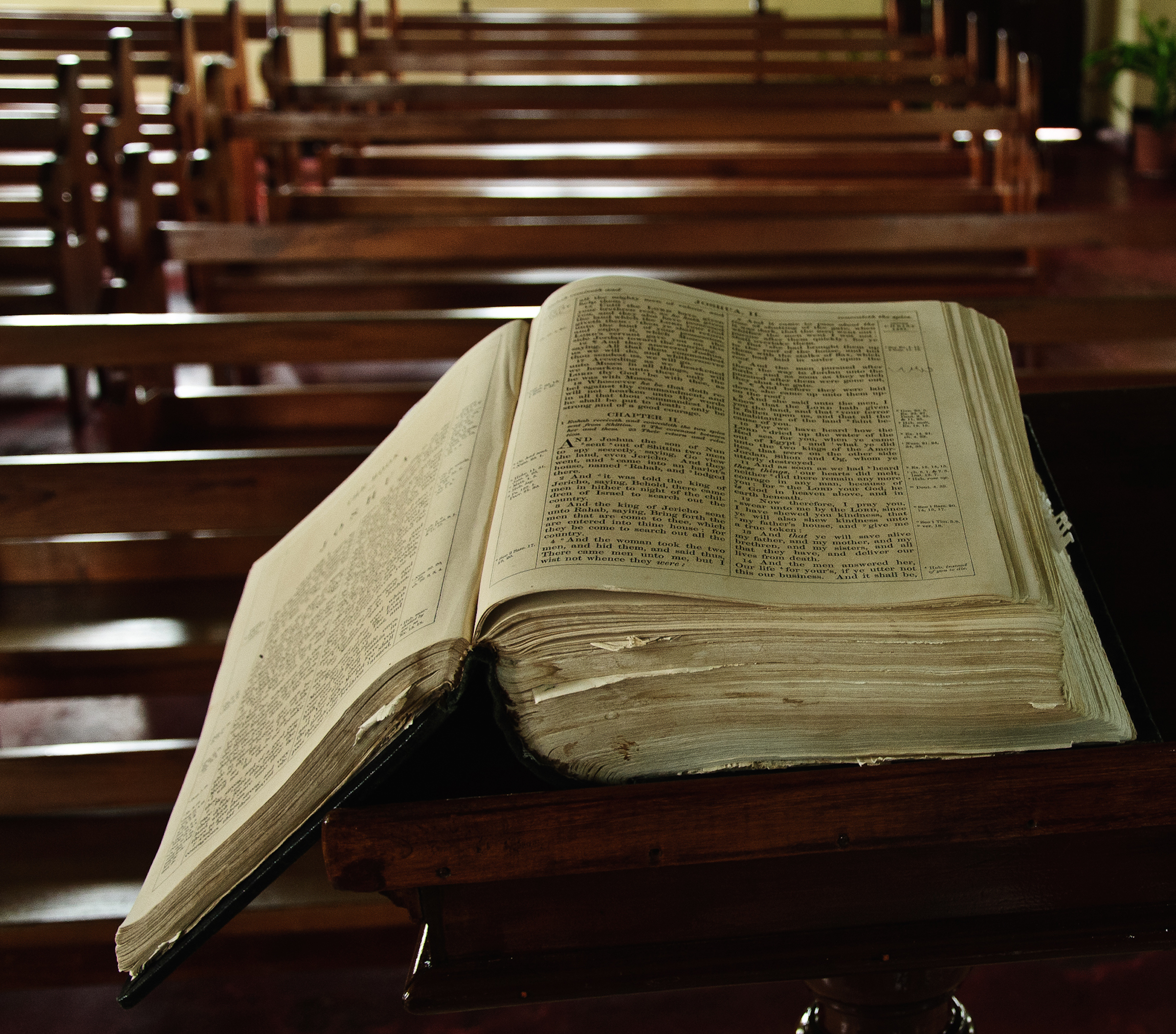NotfooledbyW
Gold Member
- Jul 9, 2014
- 24,168
- 4,746
- 245
I am not an atheist and I am telling you that America had a Christian Heritage,How hard atheists work to argue America has no Christian heritage.
It’s just that Thomas Jefferson and 80 percent of the founding generation are not part of our Christian Heritage.



